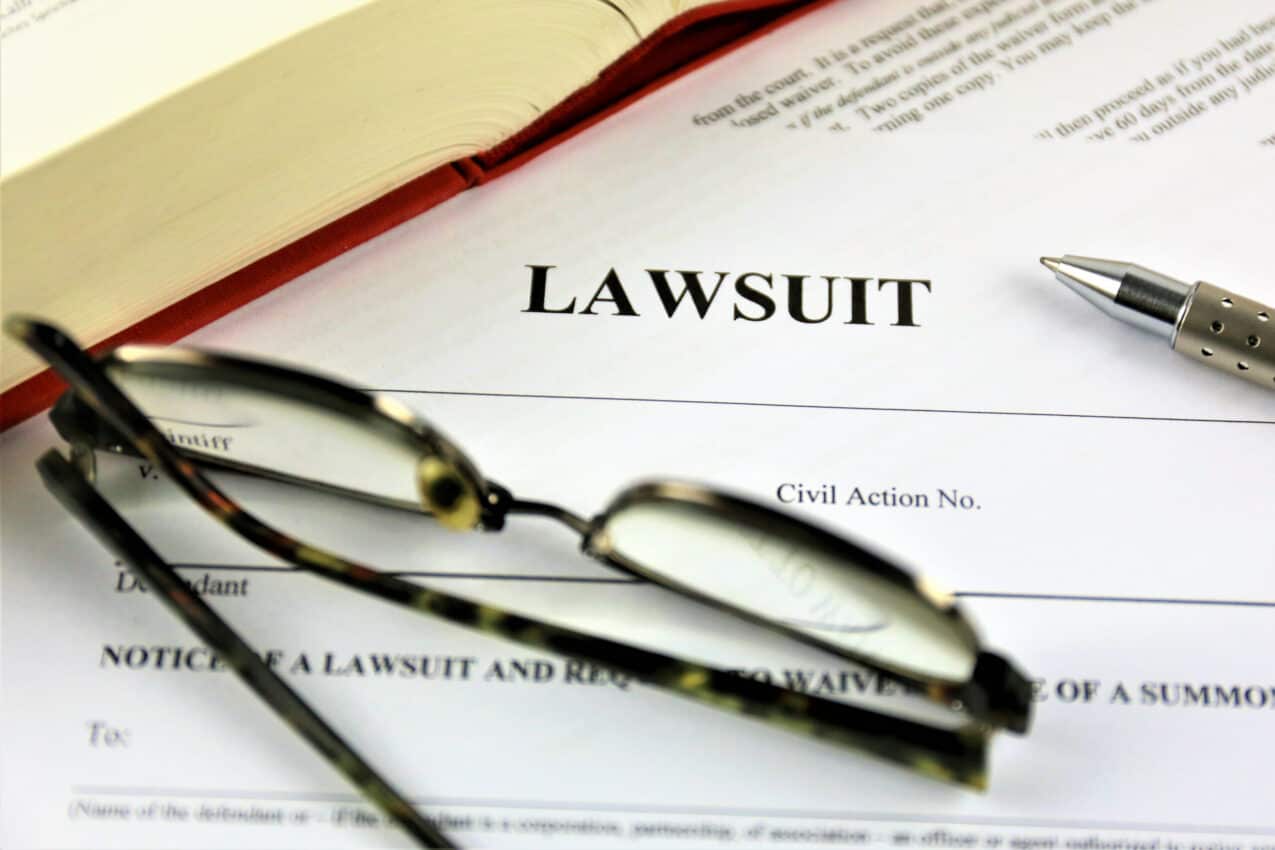
When you set out to establish your business, you likely envisioned selling your products or services to make a helpful impact in the lives of your customers and the community. As a business owner, you also prioritize investing time, money, and effort focused on increasing your net revenue and maintaining a positive brand image.
No matter your motivation behind starting and running your business, having your business be sued was not on your agenda. Consider the following when your business is faced with a lawsuit:
1. Preserve and Collect Evidence.
Make a habit of keeping organized business records. Frequently review your record keeping policies and procedures and ensure all records kept are detailed and securely stored.
To the extent possible, make note of all relevant facts that occur contemporaneously with any given potential claim or dispute. Retain all written correspondence, including text messages, emails, social media posts, or letters, received from an adverse or potentially adverse party.
2. Notify your Insurer.
Do not delay in notifying your business insurance provider of the lawsuit. Review your business insurance policy to analyze whether the nature of the particular lawsuit is covered, and, if so, to what extent. Discuss this with the provider. Questions to ask include whether insurance benefits can be used for attorney fees, court costs, settlement sums, or monetary judgments entered against your business.
3. Consult with an Attorney.
Promptly arrange a meeting with an attorney once your business receives a demand letter or has been served with a summons and complaint. The demand letter will likely threaten to file a lawsuit by a certain date if you fail to respond. If your business has been served with a summons and complaint, a lawsuit has already been filed with a court. Your business generally has only one month or less to file a formal written response with the court.
An attorney with knowledge and experience in the area of law at issue can help you identify a proper response, be it a response letter sent to the claimant or an answer or motion to dismiss filed with the court.
Severe consequences for ignoring claims, even those without merit, include a default judgment entered against your business. It is best practice to allow your attorney to handle all communication with the claimant or the claimant’s attorney.
4. Implement a Strategy.
Disclose all known information and documents relating to the lawsuit to your attorney. Based on that, your attorney will explain the applicable law and identify defenses. Develop a defense strategy that fits the circumstances.
You may wish to vigorously defend a lawsuit and proceed with utilizing various discovery tools to prepare for a motion for summary judgment or trial.
Alternatively, or at the same time, you may pursue settlement. Collateral factors that may guide your decision include ongoing business needs (e.g., time and money concerns) and avoiding destroying the possibility for a continued business relationship with the adverse party in future dealings.
Communicate with your attorney on a reasonably regular basis and re-evaluate your strategy at all stages of the litigation.
5. Assess Business Practices for Going Forward.
Certain lawsuits, but not all, may cause you to consider how you may change or update your business practices and policies to avoid having to respond to the same or similar type of claims in the future.
This could involve working with your team to identify solutions and improve training opportunities. It may also involve working with a business law attorney well-versed in drafting business documents.
AKC Law has successfully resolved disputes on behalf of businesses for over 75 years. The AKC Law litigation team has experience in handling breach of contract claims, negligence claims, construction disputes, business succession disputes, employment law claims, and more. For more information, please call AKC Law at 402.392.1250 to speak with Julie M. Ryan or another member of our litigation team.

